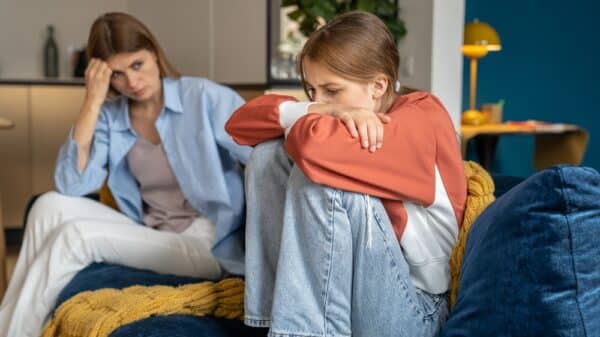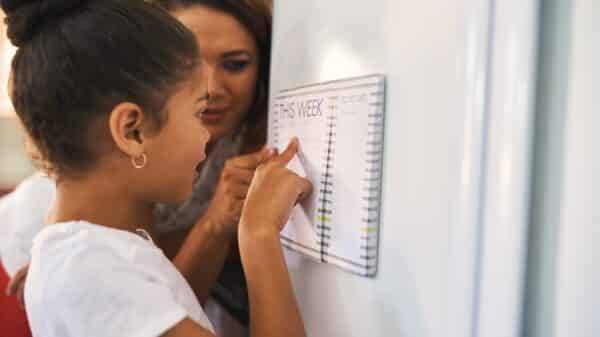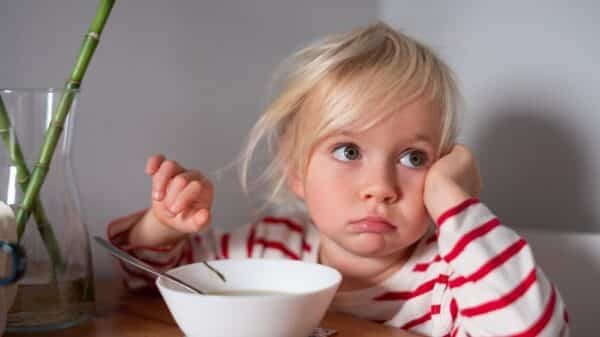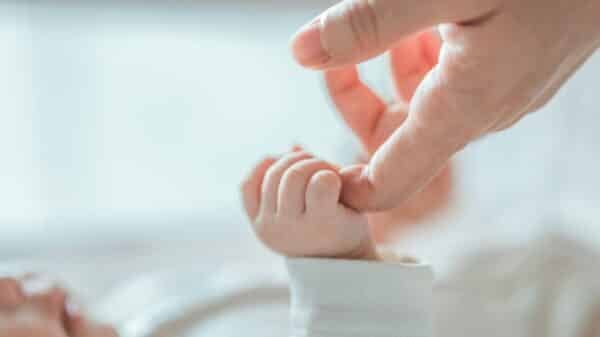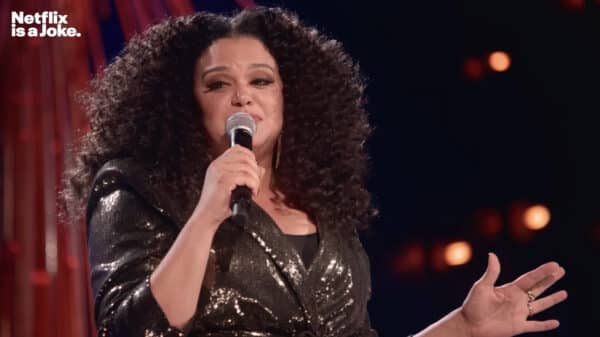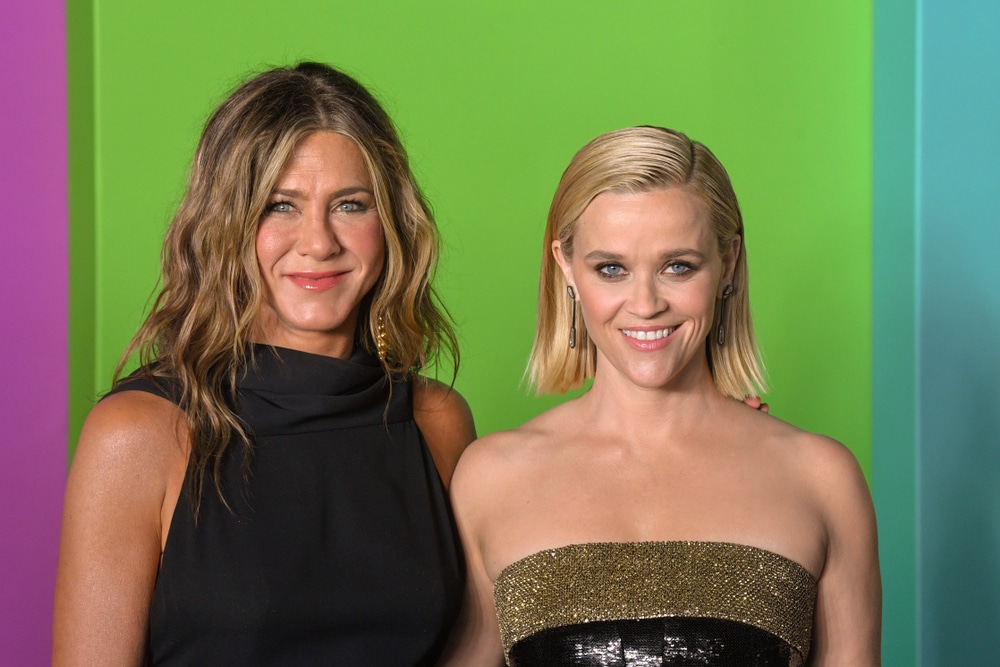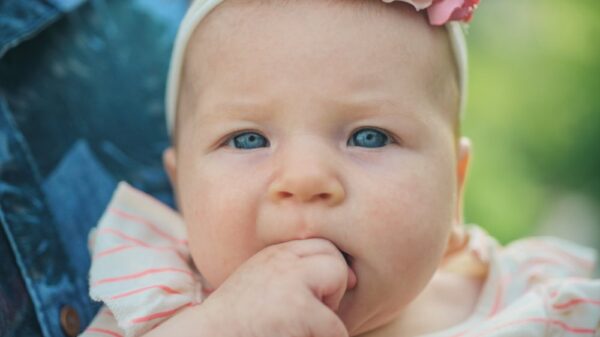Reese Witherspoon, a formidable force in both Hollywood and entrepreneurship, has candidly shared her emotional journey through motherhood, particularly focusing on her battle with postpartum depression. Even after 26 years of being a mother, she reflects on the complexities of her experiences following childbirth.
Facing the Shadows of Motherhood
Recently honored as one of Harper’s Bazaar’s 2025 Women of the Year, Witherspoon discussed in detail the challenges she faced as a new mother. Striking a balance between her acting career and founding her media company, Hello Sunshine, she vividly recalls her struggles with postpartum depression and anxiety, describing the experience as “really bad.”
The Duality of Emotions
Witherspoon openly admitted, “In the first six months, I was simultaneously happy and depressed. I just cried all the time, I was up all night, I was exhausted.” This dichotomy of emotions is a common yet often overlooked reality for many new mothers, underscoring the need for greater awareness and understanding of postpartum mental health.
Hormonal Changes and Unseen Struggles
As a mother to three children—Ava Philippe, 26, Deacon Philippe, 22, and Tennessee James Toth, 13—Witherspoon noted that her postpartum symptoms extended beyond the immediate aftermath of childbirth. Changes in hormones also affected her mental health significantly after she stopped nursing. “It was a hormone drop I didn’t expect,” she shared, pointing out that many women face this difficult transition alone.
The Weight of Expectation
She articulated how overwhelming it can be for young mothers to handle unsolicited advice and opinions. “It’s hard being a young mom and having people tell you how to be, how to react, how to give birth, how to nurse, and how to feed your baby. It’s inundating,” Witherspoon remarked, emphasizing the need for supportive environments that prioritize understanding rather than judgment.
The Importance of Support and Resources
Witherspoon further highlighted her privilege in having access to professional help and supportive networks during her struggles. “I had the connections and the means to get to a doctor, a mental-health specialist, but a lot of people don’t. They struggle on their own and hide it,” she said. This statement resonates with many who face mental health challenges without adequate resources or support.
Compassion for Fellow Mothers
This is not the first time Witherspoon has openly talked about her mental health challenges. In a previous interview on Jameela Jamil’s I Weigh podcast, she described how her postpartum experiences differed with each of her three children. She stated, “After each child, I had a different experience… I have deep compassion for women who are going through that. Postpartum is very real.”
Through her openness, Reese Witherspoon contributes significantly to the conversation around postpartum mental health, helping to reduce stigma and encourage other mothers to seek help and share their stories.




